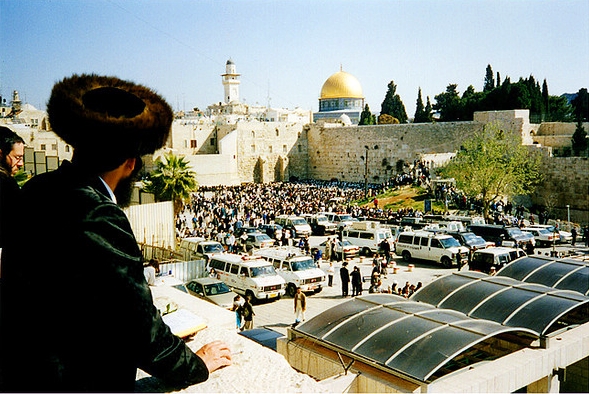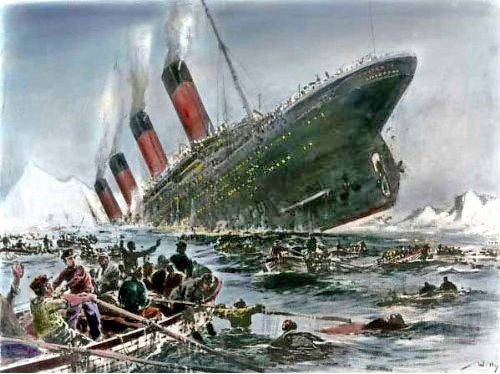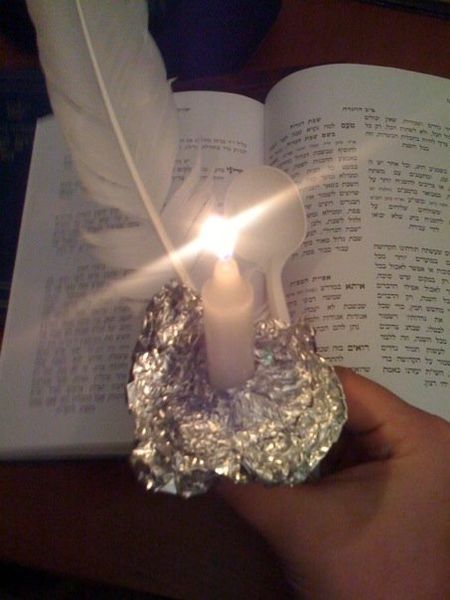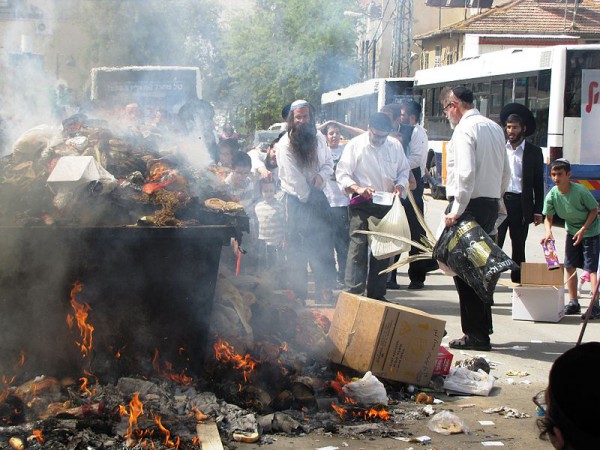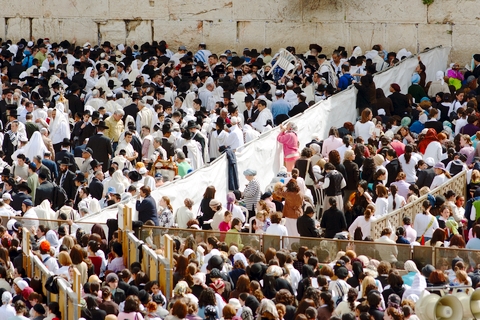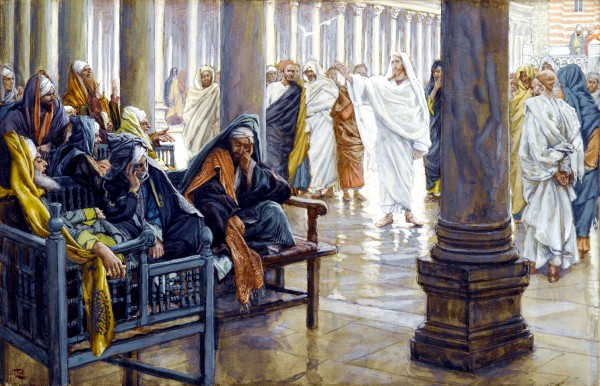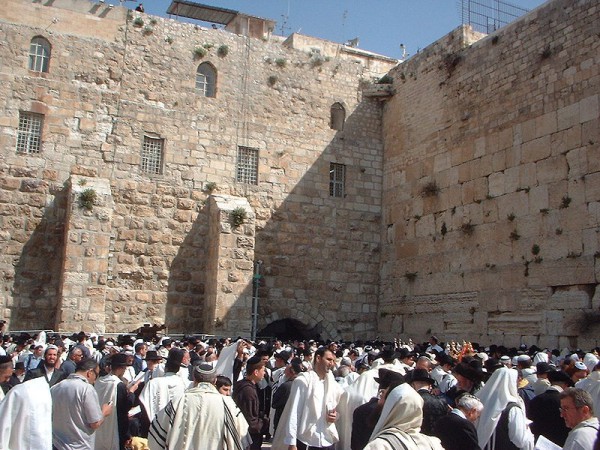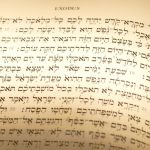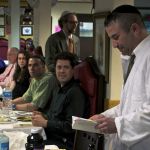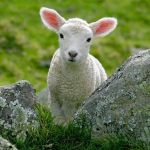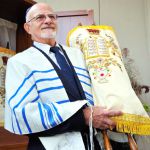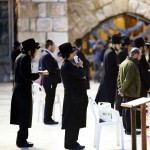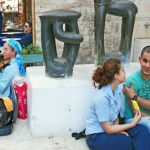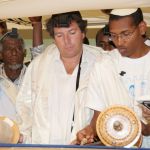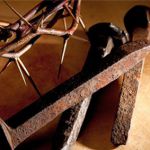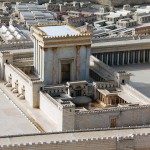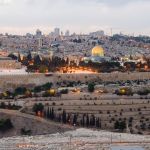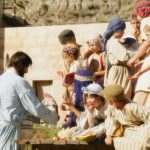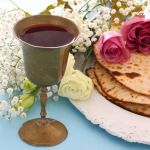“Seven days you shall eat unleavened bread. On the first day you shall remove leaven from your houses. For whoever eats leavened bread from the first day until the seventh day, that person shall be cut off from Israel.” (Exodus 12:15)
With Passover (the Festival of Unleavened Bread) beginning soon, all over Israel, every man, woman and child will be busy cleaning their closets, shelves, drawers and vehicles in order to be ready for this most important celebration.
Preparing for Passover is the ultimate in spring cleaning!
In obedience to the eternal commandment that God gave to the children of Israel to remove leaven (yeast) from their houses, every nook and cranny must be emptied, sorted and wiped in order to make sure that each dwelling place is free of chametz (leavened products) before Passover begins (Exodus 12:15).
Rabbinical Judaism has taken this single commandment and transformed it into a system that would weary the hardiest of women. All dishes, cutlery, pots and pans, even dishrags used during the feast must be “Kosher for Passover.”
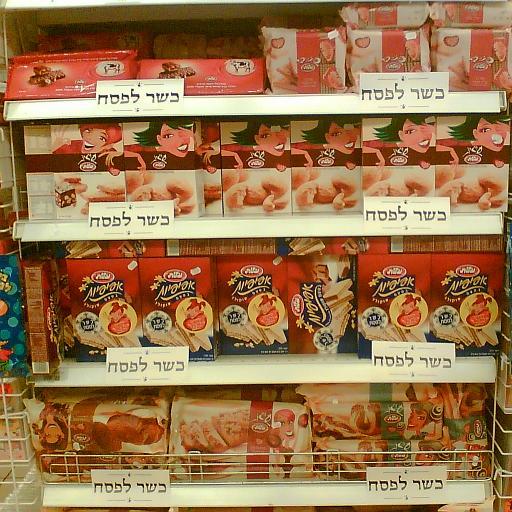
Because the kitchen is cleared of products that contain leaven or may be contaminated with it, preparing for Passover is both labor intensive and expensive. Just prior to Passover, grocery stores in Israel begin to stock foods that are specially prepared and guaranteed leaven-free. The Hebrew signs on the shelves reads “Kosher for Passover.”
Many women completely clean their kitchen to such a degree that it sparkles like it did when it was new.
Furthermore, in the weeks prior to Passover, Israeli and Jewish markets around the world sell products marked with a special “Kosher for Passover” stamp.
These products, which are guaranteed to be free of leaven, are eaten in the days before and during the holiday of Passover.
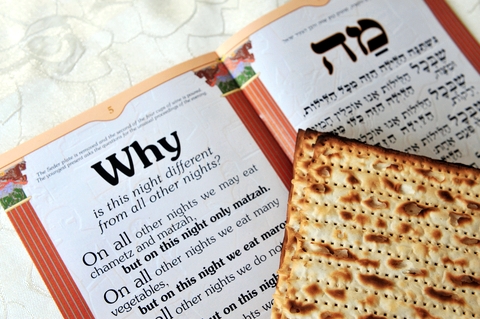
The Haggadah, the text that sets the order of the recounting of the exodus of the Jewish People from Egypt, is read during the Passover Seder. The pierced, striped bread of affliction in the bottom right corner is called matzah.
Matzah (unleavened bread), however, is first eaten during the Passover Seder, which is a special ceremonial meal where the story of the Exodus from Egypt is recounted. It is eaten every day throughout the festival.
Why Fuss over a Little Leaven (Yeast)?
“A little yeast works through the whole batch of dough.” (Galatians 5:9)
In the Bible, yeast symbolizes sin.
Yeast is also a powerful metaphor for learning about God and living a life of holiness.
Yeast is a single-celled fungus that causes dough to rise by consuming the sugars and excreting carbon dioxide as a byproduct.
And it doesn’t take much yeast to start the process. Yeast is so pervasive that if dough is left on the counter, yeast will attach to the surface of the dough and
then make its way throughout the whole loaf. It’s in the air.
So, just like yeast (leaven) eats away at the sugars in the dough, sin eats away at us and causes us to become separated from God.
“But your iniquities have separated you from your God; your sins have hidden his face from you, so that he will not hear.” (Isaiah 59:2)
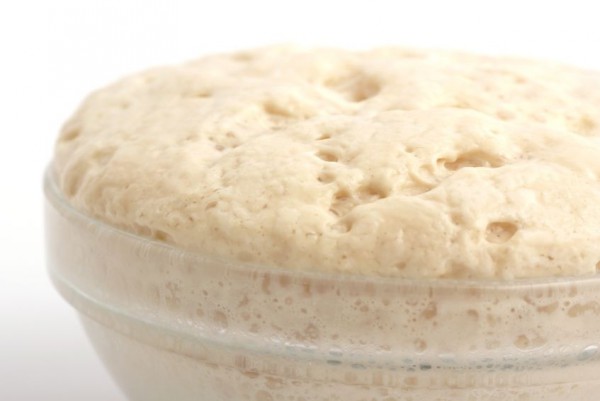
Although it is not known when yeast began being used to bake bread, the earliest records of this practice come from ancient Egypt.
Leaven and the Sin of Pride
“Your boasting is not good. Don’t you know that a little yeast works through the whole batch of dough?” (1 Corinthians 5:6)
When it comes to leaven as a metaphor, Scripture especially narrows in on the sin of arrogance, boasting, conceit, and pride.
In the same way that a little yeast affects the whole batch of dough, causing it to become puffed up, a little bit of pride and arrogance in our hearts causes us to think more highly of ourselves than we ought.
We must deal with the leaven in our own hearts, knowing that arrogance is not pleasing to the Lord and pride often precedes our own downfall.
“Pride goes before destruction, a haughty spirit before a fall.” (Proverbs 16:18)
The Titanic: Lethal Effects of Arrogance and Pride
The sin of arrogance can have deadly consequences.
For an example of arrogance, we need to look no further than the Titanic, which sunk over one hundred years ago on April 14, 1912.
The Titanic and her sister ships, the Olympic and the Britannic, were the biggest ships ever made. At almost 900 feet long from stem to stern, they dwarfed the tallest skyscrapers of the time.
Since these ships were outfitted to meet the challenges of the Atlantic, they were supposed to be among the world’s safest ships.
The experts, in their arrogance, believed the Titanic to be unsinkable; nevertheless, the ship essentially snapped like a toothpick after hitting an iceberg. So many lives were lost.
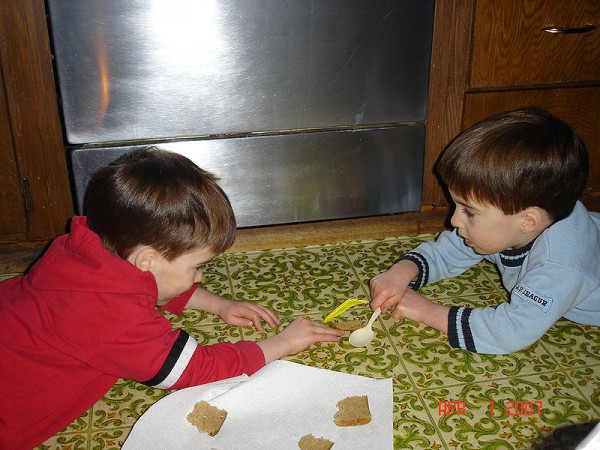
The traditional Bedikat Chametz (search for leaven) is a ceremony used to cleanse the home of leaven. These two young boys search for leaven, using a feather and a spoon to remove it. The chametz (leavened products) will be burned the next morning in the Bi’ur Chametz ceremony.
Meaningful Jewish Custom: The Search for Leaven (Bedikat Chametz)
At Passover, the Jewish People practice a beautiful custom called bedikat chametz (search for leaven).
The eve before Passover, the leader of the household, usually the father, holds a candle and guides his family around the house.
With the lights extinguished, they search for any remnant of chametz (leavened products) by the light of this single candle.
The children search every nook and cranny for crumbs of bread that have been carefully wrapped and hidden ahead of time by the mother.
Each crumb of bread is found with exclamations of delight, “Oh! There it is! I found one!”
This meaningful search continues until the very last crumb of leaven is removed.
These are swept away into a bag using a feather and will be burned the next morning.
On the morning of Erev Pesach (Eve of Passover), there will be little fires burning all over Israel, as each family burns their small pile of chametz.
A special prayer is recited in case any has been missed.
This special ceremony (bedikat chametz) demonstrates how the light of God’s Word, symbolized by the candle, searches our hearts for any pride or arrogance that may be lurking, hidden in the darkness.
The feather symbolizes the work of the Ruach HaKodesh (Holy Spirit) sweeping the sin away.
The bi’ur chametz fire shows how God destroys this leaven, for God is a consuming fire!
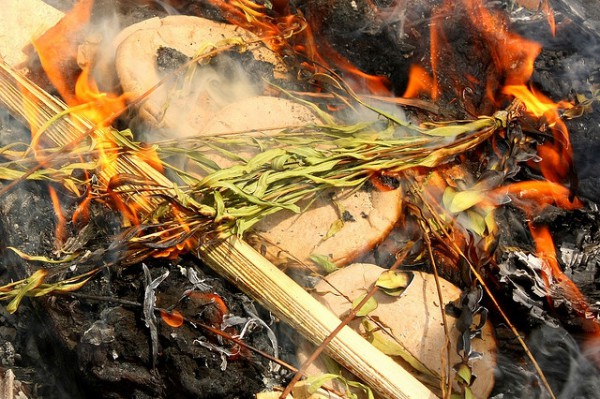
Bi’ur Chametz: pita burning with the dried palm (lulav) and myrtle (hadass) leftover from Sukkot. To burn the dried palm and myrtle (holy objects) from the previous biblical holiday is considered an additional mitzvah (blessing).
Passover in the New Testament (New Covenant)
“Get rid of the old yeast, so that you may be a new unleavened batch—as you really are.” (1 Corinthians 5:7)
Just as an overgrowth of yeast in the body may become a systemic infection and must be dealt with before it causes serious physical problems, the ‘leaven’ or sin within the Body of Messiah (the Church) must also be dealt with accordingly.
In the Bible, the Apostle Paul makes use of the imagery of Passover and the cleansing of the chametz to exhort the Believers in Corinth to get rid of the sin of malice and wickedness, and live the holy life they are truly capable of living, free from the bondage to sin.
“Get rid of the old yeast, so that you may be a new unleavened batch—as you really are. For Messiah, our Passover lamb has been sacrificed.”
“Therefore let us keep the Festival [Passover], not with the old bread leavened with malice and wickedness, but with the unleavened bread of sincerity and truth.” (1 Corinthians 5:7–8)
The Leaven of False Teachings
In the New Covenant (New Testament), leaven (yeast) can also represent false teachings.
Yeshua warned people to beware of the leaven of the Pharisees.
By this Yeshua was not referring to bread, but to their teachings that did not align with the Word of God (Matthew 16:11–12).
The Apostle Paul also warns the Gentiles in the Church to beware of the sin of pride and arrogance particularly in their relationship to the Jewish people.
Furthermore, in the Book of Romans, Paul reminds those who have been supernaturally grafted into the natural olive tree (Israel) by the mercy and
grace of God, not to boast over the other branches:
“If some of the branches have been broken off, and you, though a wild olive shoot, have been grafted in among the others and now share in the nourishing sap from the olive root, do not consider yourself to be superior to those other branches. If you do, consider this: You do not support the root, but the root supports you.” (Romans 11:17–18)
One way many Believers boast over their fellow branches (the Jewish People) is by believing the false teaching of replacement theology.
This errant doctrine teaches that God has rejected the Jewish People (nation of Israel) and that the Church is the “New Israel.”
Nothing could be further from the truth.
Scripture is clear that God will never forsake His people Israel and will always keep covenant with them.
“For the Lord will not reject His people; He will never forsake His inheritance.” (Psalm 94:14)
Passover, Leaven, and God’s Plan for Israel and the Church
Arrogance and pride can prevent us from understanding God’s plans and purposes for the Jewish people, Israel, and the role of the Church.
As Passover approaches, let’s remember that only temporary blindness has come upon the Jewish People so that salvation would come to the Gentiles, and after that to the nation of Israel.
“Did they stumble so as to fall beyond recovery? Not at all! Rather, because of their transgression, salvation has come to the Gentiles to make Israel envious.” (Romans 11:11)
God can and will lift the veil from the Jewish People’s eyes to see their Messiah Yeshua, and when the Jewish people accept Yeshua as their Messiah, it will mean resurrection and life for the entire world!
“For if their rejection brought reconciliation to the world, what will their acceptance be but life from the dead?” (Romans 11:15)
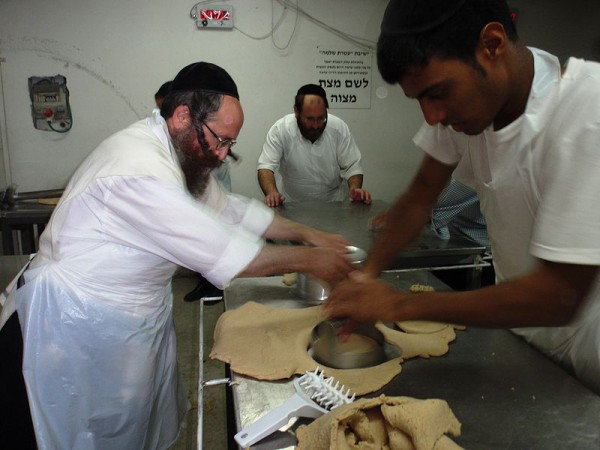
Handmade shmura (guarded) matzah being made from grain that has been under special supervision from the time it was harvested.
During this time when Jewish People are cleansing their homes from leaven, please pray that they will recognize that Yeshua is indeed the Promised Messiah of Israel.
And may we also search our hearts for the leaven of sin, making them “Kosher for Passover,” so that we may walk in humility, with the unleavened bread of sincerity and truth.




